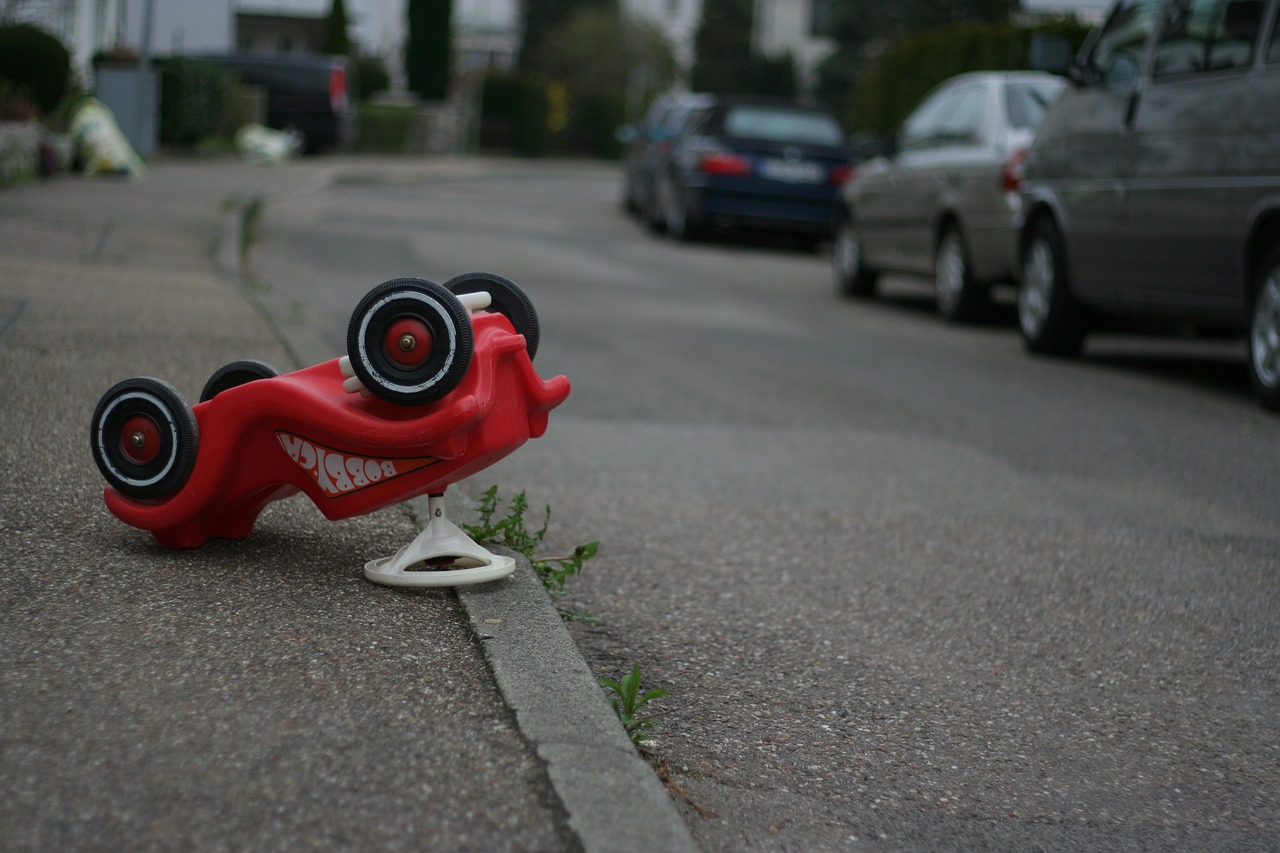
Essential Steps to Take After a Car Accident
When driving a car, you need to be prepared for a possible emergency. The health of your loved ones may depend on how quickly you can navigate in the event of an unforeseen situation. Timely preparation will not only protect yourself but also correctly file a claim with the insurance company.
Rules of Conduct After a Car Accident
What should you do if you have a car accident? Being involved in a traffic accident can be a very stressful experience, but it is crucial to stay calm and composed. Here’s a step-by-step guide to follow:
Stop the Car Safely
- Immediately stop your car in a safe, well-lit place. This is essential to prevent further accidents and ensure your safety. Ideally, stop near a public area where witnesses can easily be found.
Prevent Further Danger
- If your car poses a danger to other road users, such as blocking the road, consider moving it to the sidewalk or another safe area if possible. Use emergency signals to alert other drivers of the accident.
Assess the Situation
- Check yourself and your passengers for any injuries. If anyone is hurt, provide first aid within your capacity and call for an ambulance. If the car is inoperable, ensure everyone exits the vehicle and moves to a safe location away from the traffic.
Do Not Leave the Scene
- Leaving the scene of an accident is a severe offense under US law. Stay at the site until law enforcement arrives. Fleeing can result in fines and worsen your legal standing.
Notify the Authorities
- Contact the police and your insurance company immediately. Provide accurate information about the accident and follow their instructions.
Find Witnesses
- Look for witnesses who can provide an unbiased account of the accident. This includes pedestrians, other drivers, and even your passengers. Collect their contact information for future reference.
Document the Scene
- Take photographs and videos of the accident scene, including the vehicles involved, road conditions, and any relevant road signs. This documentation can be vital during legal proceedings and insurance claims.
Handling an Accident with Injuries
Accidents involving injuries require immediate and specific actions:
Provide First Aid
- If someone is injured, use your first aid kit to stabilize their condition until professional help arrives. This includes stopping any bleeding, ensuring they are breathing, and making them comfortable.
Call for Medical Assistance
- Dial emergency services and provide detailed information, such as your location and the number of injured persons. If you’re in an unfamiliar area, use visible landmarks, road signs, or ask passers-by for help to provide accurate directions.
Stay Until Help Arrives
- You are allowed to leave the accident scene only to assist the injured to an ambulance. Once they are safely with medical professionals, return to the site.
Involving the Police
State laws regarding police notification after an accident vary, but it’s generally a good idea to call them:
Contact Law Enforcement
- Call the highway patrol or local police. Explain the situation calmly and wait for their instructions. If they cannot dispatch a patrol car promptly, visit the nearest police station within 72 hours to file an accident report.
Submit a Detailed Report
- Accurately document the accident details in your report to protect yourself legally. Obtain a copy of this report, as it can be crucial for insurance claims and potential court cases.
Communicating with the Other Driver
Interactions with the other driver involved in the accident should be handled with care:
Ensure Their Safety
- Check if the other driver is injured and if they need help exiting their vehicle. Assist them if necessary, but avoid any arguments about who is at fault.
Stay Calm and Polite
- Regardless of the accident’s cause, maintain a calm demeanor. Do not admit fault or discuss details of the accident until the police arrive. Let insurance companies and legal authorities determine fault based on evidence.
Exchange Information
- Exchange contact and insurance information with the other driver. This includes names, addresses, phone numbers, driver’s license numbers, and insurance policy details.
Things You Should Avoid After a Road Accident
Certain actions can worsen your situation legally and financially:
Do Not Leave Unnecessarily
- Only leave the scene if it’s to assist the injured, and ensure you return promptly.
Avoid Arguments
- Engaging in arguments with the other driver can escalate tensions and complicate the situation.
No Preliminary Agreements
- Refrain from making any on-the-spot agreements regarding damages. Such agreements can undermine your position in insurance claims and legal proceedings.
Conclusion
The road is inherently risky, and maintaining concentration is vital. In the unfortunate event of an accident, it’s important to act logically and calmly. Here’s a quick recap of the steps to follow:
- Stop safely and prevent further danger.
- Assess the situation and provide first aid if necessary.
- Stay at the scene and notify authorities.
- Document the scene thoroughly.
- Communicate politely with the other driver and witnesses.
By following these steps, you can protect your rights, ensure your safety, and aid in a smoother resolution of the incident. Remember, the key is to remain composed, gather essential information, and let professionals handle the rest.
